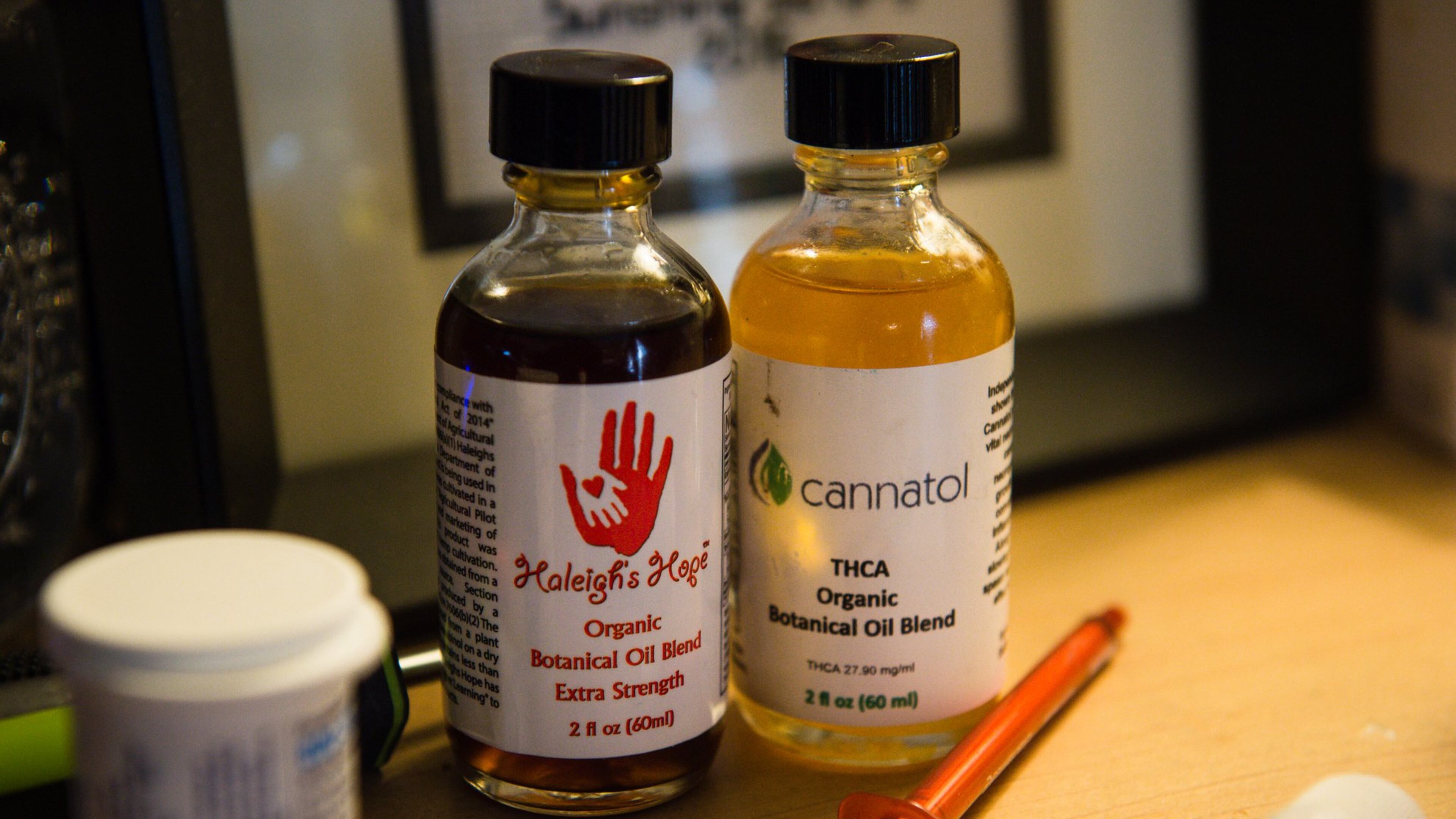Kemp says he’s open to medical marijuana expansion

Gov. Brian Kemp sounded receptive to a measure moving through the Georgia Legislature that would allow medical marijuana oil to be grown, manufactured and sold to registered patients.
The Republican told The Atlanta Journal-Constitution he was impressed by the "strong vote" earlier this month in the House for the measure, which would allow 60 dispensaries to serve the state's rising number of medical marijuana patients. House Bill 324 was approved by a 123-40 vote.
“When it passes with a constitutional majority,” quipped Kemp, referring to the two-thirds support behind the bill, “it might not matter what I think.”
Georgia has allowed patients suffering from severe seizures and other illnesses to use medical marijuana oil since 2015. But because the state doesn't allow in-state cultivation, the roughly 8,400 people on the program's registry risk defying federal law by transporting the drug across state lines.
Gov. Nathan Deal opposed legislation to allow the in-state cultivation of the drug, saying it should be up to Congress to change the law that makes it illegal to grow the drug and transport it across state lines. And Kemp initially took a similar stance.
But his position shifted during the runoff against Lt. Gov. Casey Cagle, when he said he'd back "research-based expansion" with help from experts. Kemp said in the interview that's still how he'll vet the legislation if it moves through the Senate.
“I need to learn more about the bill, see what the Senate has to say,” said Kemp. “And I’m trying to understand that we are probably putting people in violation of federal law.”
Lt. Gov. Geoff Duncan went a step further than Kemp, offering his qualified support to the idea in a statement Tuesday.
Like Kemp, Duncan said he is “vehemently opposed to anything that puts us on a path towards recreation marijuana.” But the lieutenant governor said he was willing to accept an expansion with tight controls.
“I never want to put the individuals and families that we are helping in the difficult position of being at odds with federal law. We have to get this right,” Duncan said.
“In-state cultivation needs to be narrow in scope with controls in place that limit access to patients with approved medical needs.”



